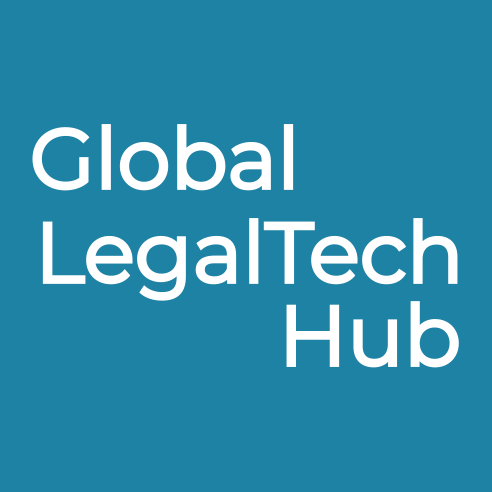Raquel García: “It is 80% legal, 20% tech; if the balance is off, it won’t work”
- Mar 31, 2025
- 3 min read
By Pablo Yannone Sancho, Journalist at GLTH

When Raquel García was in high school, she had a clear idea: to study law. However, she quickly realized that criminal and civil law weren’t quite her thing. “I was much more attracted to business-related subjects.” That’s why, once she finished her degree, she completed two master’s programs: the one required in Spain to become a lawyer, and another called Global Business Law.
After that, she found herself working in arbitration. “It was global, business-oriented; just what I liked.” But she felt it was too soon to commit to a single path. That’s when a friend mentioned an opening in Clifford Chance’s knowledge management team. That opportunity marked the start of an adventure that, just a year later, led her to run the Best Delivery Strategy, which had previously only been implemented in the UK before arriving to Spain. “And I guess that, after seven years, you can tell I’m liking it because I’m still here,” she says.
One lunch, one vision and one spontaneous yes
When it comes to her involvement with the Global Legal Tech Hub, Raquel is clear: “It was because of Albert. His energy, his vision… I was hooked from the first lunch we had.” At the time, the Hub was just starting out, but Raquel trusted the vision. And she hasn’t looked back. “Also, I find it hard to say no. If someone offers me something juicy, I always say yes.”
From aspiring vet to talking philosophy with Aristotle
When asked what she wanted to be as a child, Raquel answers without hesitation: “A vet. Like almost every kid.” But over time art and history took over. “I can totally imagine teenage me walking through Ancient Greece, chatting about life with Plato or Aristotle.”
That love for the humanities is still very present. One of her favorite books is The Culture Map by Erin Meyer, which she strongly recommends to anyone working in global environments. “Understanding and embracing cultural differences shouldn’t divide us; it should unite us. I honestly believe a lot of today’s problems would disappear if we all understood that.”
Legal tech with common sense
Raquel has a clear take on legal tech: “It’s 20% tech, 80% legal. If the balance is off, it won’t work.” For her, success lies in identifying which processes need improvement and applying tech only where it makes sense. “Then, you can embed legal technology in order to achieve efficiencies,” she explains. But to reach that point, there must be a good understanding of the tools, something that can often be challenging for lawyers.
“I don’t think it’s about blaming the lawyers,” Raquel says. “If the technology you want me to use is complex, you haven’t identified where it can help me the most, you haven’t done some pre-work. Then, you shouldn’t blame me; you should blame the technology.”
When applying these tools, Raquel emphasizes that, unlike in other industries, legal professionals can’t simply cut out steps. “Finding case law may be tedious, but it’s necessary. Technology should ease that burden, not erase it.” Following this logic, she believes technology “should be more like an enabler to open up new work and get legal teams more involved in decision-making.”
Technology that transforms
When talking about the most common tools in the field, she mentions document and process automation, lifecycle and project management (CLMs), and traditional machine learning for document review. But she also highlights often-overlooked essentials: CRMs, billing systems, and data visualization. “How can we be efficient outwardly if we’re not efficient internally?”
One of the projects she’s proudest of predates the generative AI wave. Six years ago, her team trained a machine learning model to review shopping center lease agreements. “We reviewed every contract in the same or less time than it used to take to review just a sample. We helped change the market standard in Spain.”
The future is still human
What’s next? “Don’t freak out about AI. It’s part of human evolution, like fire, cars, email.” Raquel firmly believes that what matters most is how we use these tools: with ethics, responsibility and awareness.
I was lucky when I saw Raquel some months ago at a conference in Alfonso X el Sabio University in Spain. She spoke passionately to students eager to change the future through technology. Her message then, and now, was simple and resounding: “Don’t be afraid. Get familiar with the tools. There’s no rush. If you’re ready, they’ll serve you. If you’re not, that’s fine too.”
Senior Legal Transformation Manager, Clifford Chance
